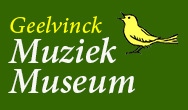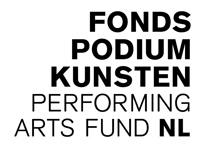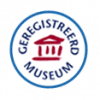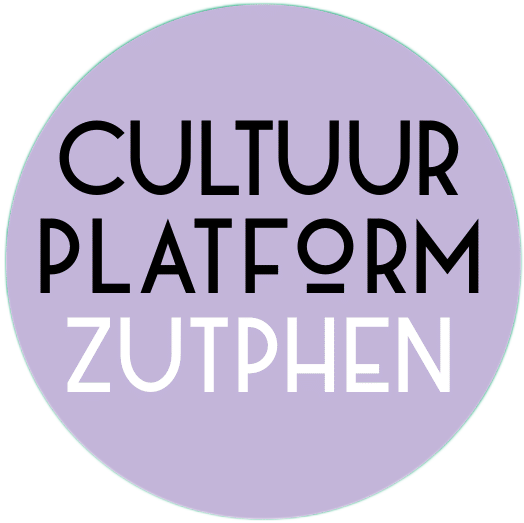
Music Museum forced to leave
The Geelvinck Music Museum Zutphen closed its doors for the public on November 4th 2019.
Press Release Zutphen, 4 nov. 2019
The Geelvinck Music Museum Zutphen closed its doors for the public on November 4th 2019. Already hindered by the unwilling attitude of the current Municipal Executive, Museum Geelvinck has been unable to reach agreement on the initially intended continuation of its Music Museum in Zutphen. In 2017, the municipality had provided the historic building ‘De Wildeman’ as a fitting venue for the Music Museum. A structural moisture problem, which, on closer inspection, turned out to have a dramatic scale, was ultimately the last blow. Museum Geelvinck will continue its activities for the preservation of living musical heritage elsewhere.
A Dutch ‘Beethoven House’ in Zutphen
In 2017, the new Music Museum Zutphen was warmly welcomed by the previous Municipal Executive. It offered a unique opportunity for the city to profile itself with Ludwig van Beethoven. In the 19th century, it was assumed that this icon of classical music was born in Zutphen. Museum Geelvinck, which keeps the largest Dutch collection of 18th and 19th century pianos, considered it a challenge to develop to this theme. Within two years, the Music Museum Zutphen managed to become a music institution of international standing. ‘De Wildeman’ functions as a museum already for over half a century, previously as an art museum. The Music Museum was a suitable addition to the cultural scene of the region, in line with the current government policy.
Unreliable municipal policy
However, the new Municipal Executive, which took office after the municipal elections in 2018, set different priorities and in no way demonstrated its commitment to the spirit of the agreement to continue the Music Museum in ‘De Wildeman’, as was signed with its predecessor in 2017. It had no ear for the cost-saving solutions, that Museum Geelvinck came up with for the much-needed restoration and sustainability measures for this listed national monument. Furthermore, the municipality intended to pocket for its own use the government subsidy, which on the initiative of the museum recently was allocated to eliminate the considerable maintenance backlog of ‘De Wildeman’. Moreover, the municipality wanted Museum Geelvinck to take on all the risks of the extensive restoration of the building. Specialist research, funded by the museum itself, showed at the eleventh hour, that ‘De Wildeman’ is afflicted by a structural moisture problem of a dramatic size. With this additional setback, the financial risk for Museum Geelvinck became unacceptably high. The Music Museum Zutphen closed to the public on November 4th, 2019. The closure is most unfortunate for the staff and the learning-workplace, which is now being canceled. It is also a major damper for all involved, who, in the past years, have passionately worked to make the Music Museum Zutphen a success. It is indeed a loss for musical heritage preservation in general and, more in particular, for the young generation of engaged professional performers working in the field of early keyboard in the Netherlands.
Museum Geelvinck gives living musical heritage a future
Museum Geelvinck manages its extensive collection of pianos from the 18th and 19th centuries in Amsterdam and at various historical locations throughout the country. With exhibitions and concerts in historic house museums, castles and country estates, Museum Geelvinck strives to keep this ‘semi-mobile’ sounding heritage alive; for instance: in the Luther Museum in Amsterdam and in the Historic House Museum Oud Amelisweerd near Utrecht. The instruments are used for educational purposes (master fortepiano) in collaboration with the Conservatory of Amsterdam and vocational training for piano technicians. The Geelvinck Fortepiano Festival ‘Early Piano’ is the world’s largest dedicated to performances on the historic fortepiano. The associated scientific symposium enjoys international recognition. Although most of the historic pianos will now be stored away from the public eye and ear, Museum Geelvinck expects to be able to continue its core efforts, albeit on a smaller scale, as a digitalized network museum. It aims at being the national institution for historic pianos and an international hub for scientific research, as well as music performance, dedicated to period pianos and related ‘semi-mobile’ keyboard instruments.
For more information:
Jurn Buisman (gen. director): buisman@geelvinck.nl
Phone: +31.578691621 / +31.206390747 / +31.654794606 (cell Dunya Verwey)
Museum Geelvinck
Kamperweg 23
8181CS Heerde
Netherlands
www.geelvinck.nl








